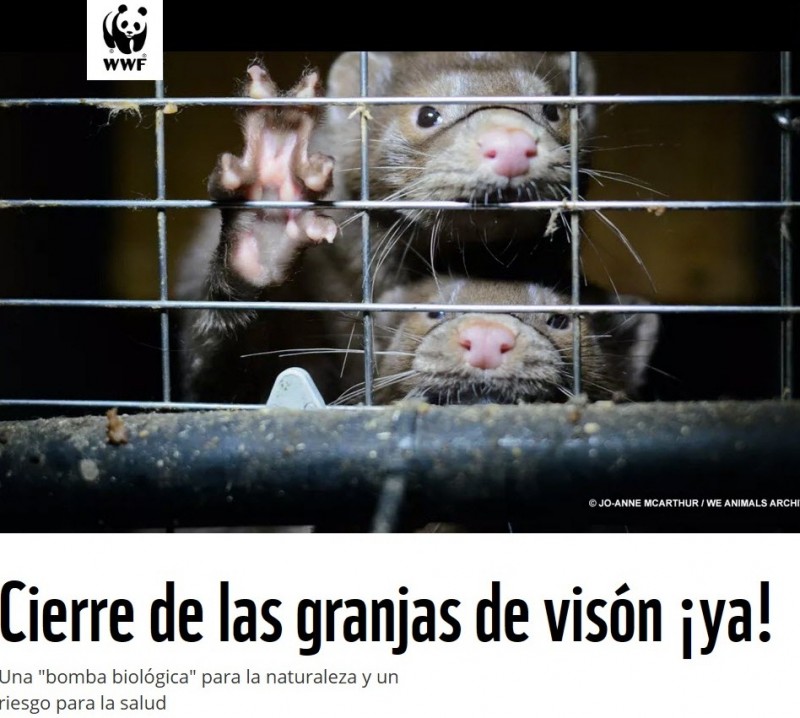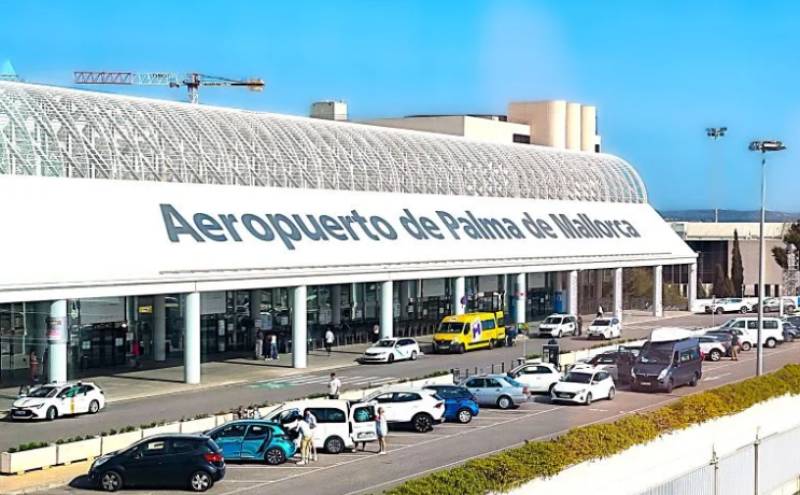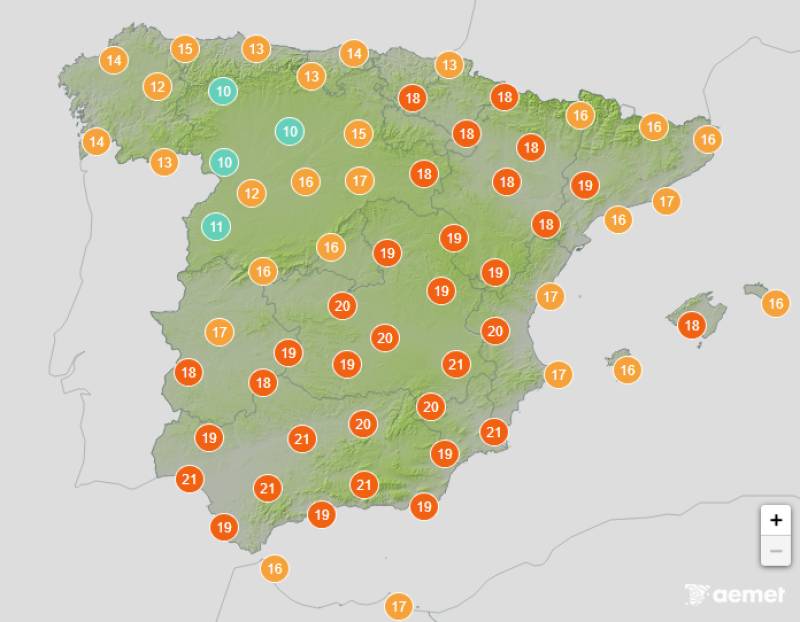- Region
- Águilas
- Alhama de Murcia
- Jumilla
- Lorca
- Los Alcázares
- Mazarrón
- San Javier
-
ALL AREAS & TOWNS
- AREAS
- SOUTH WEST
- MAR MENOR
- MURCIA CITY & CENTRAL
- NORTH & NORTH WEST
- TOWNS
- Abanilla
- Abarán
- Aguilas
- Alamillo
- Alcantarilla
- Aledo
- Alhama de Murcia
- Archena
- Balsicas
- Blanca
- Bolnuevo
- Bullas
- Cañadas del Romero
- Cabo de Palos
- Calasparra
- Camping Bolnuevo
- Campo De Ricote
- Camposol
- Canada De La Lena
- Caravaca de la Cruz
- Cartagena
- Cehegin
- Ceuti
- Cieza
- Condado de Alhama
- Corvera
- Costa Cálida
- Cuevas De Almanzora
- Cuevas de Reyllo
- El Carmoli
- El Mojon
- El Molino (Puerto Lumbreras)
- El Pareton / Cantareros
- El Raso
- El Valle Golf Resort
- Fortuna
- Fuente Alamo
- Hacienda del Alamo Golf Resort
- Hacienda Riquelme Golf Resort
- Isla Plana
- Islas Menores & Mar de Cristal
- Jumilla
- La Azohia
- La Charca
- La Manga Club
- La Manga del Mar Menor
- La Pinilla
- La Puebla
- La Torre
- La Torre Golf Resort
- La Unión
- Las Palas
- Las Ramblas
- Las Ramblas Golf
- Las Torres de Cotillas
- Leiva
- Librilla
- Lo Pagan
- Lo Santiago
- Lorca
- Lorquí
- Los Alcázares
- Los Balcones
- Los Belones
- Los Canovas
- Los Nietos
- Los Perez (Tallante)
- Los Urrutias
- Los Ventorrillos
- Mar De Cristal
- Mar Menor
- Mar Menor Golf Resort
- Mazarrón
- Mazarrón Country Club
- Molina de Segura
- Moratalla
- Mula
- Murcia City
- Murcia Property
- Pareton
- Peraleja Golf Resort
- Perin
- Pilar de la Horadada
- Pinar de Campoverde
- Pinoso
- Playa Honda
- Playa Honda / Playa Paraíso
- Pliego
- Portmán
- Pozo Estrecho
- Puerto de Mazarrón
- Puerto Lumbreras
- Puntas De Calnegre
- Region of Murcia
- Ricote
- Roda Golf Resort
- Roldan
- Roldan and Lo Ferro
- San Javier
- San Pedro del Pinatar
- Santiago de la Ribera
- Sierra Espuña
- Sucina
- Tallante
- Terrazas de la Torre Golf Resort
- Torre Pacheco
- Totana
- What's On Weekly Bulletin
- Yecla


- EDITIONS:
 Spanish News Today
Spanish News Today
 Alicante Today
Alicante Today
 Andalucia Today
Andalucia Today
ARCHIVED - 750,000 farmed mink in Spain face possible cull as mutant Covid transmission is confirmed
Denmark has already announced the cull of around 17 million mink
WWF España has repeated its calls for the mink farms in Spain to be closed down.
Pressure is mounting on the Spanish government to review the situation relating to the 38 mink farms in the north of the country following the decision of the Danish Government to cull its its entire mink pelt production stock and a series of warnings from the World Wildlife Fund about the potential dangers of continuing production here in Spain during the last few months.
Today the WWF repeated its message, asking “In Spain there are still 38 American mink farms, a reservoir of # COVID_19 that can favour mutations which render vaccines useless.
Why are @salvadorilla and @LuisPlanas not closing them now?
We cannot take more risks.”
There is a petition calling for action
More than 50 million mink are farmed for their fur worldwide, but millions have already been culled in Europe following the discovery in the spring that Covid-19 had been transmitted from farm workers to their stock.
Can Covid-19 be transmitted between mink and humans?
Yes.
During the first wave of the pandemic it became apparent in the Netherlands that the virus could be transmitted from humans to mink and then among the mink population from mink to mink but it is only recently that mink-to-human transmission has definitely been confirmed in Denmark.
This “reverse spillover” when humans pass a virus on to domestic or wild animalse is nothing new. The list of mammal species infected during the 2003 Sars (severe acute respiratory syndrome) outbreak numbers at least 16, including mink, palm civets, fruit bats, several species of horseshoe bat, red fox, wild boar, raccoon dog, and domestic cats and dogs, so it is entirely conceivable that Covid-19 could be transmitted via these “reservoirs for the virus”.
Why is this situation in Denmark causing so much concern?
In this case, the form of coronavirus that has been transmitted back from the mink in a fur farm to humans has mutated.
Prime Minister Mette Frederiksen said the mutated virus posed a "risk to the effectiveness" of a future Covid-19 vaccine and described the situation as "very, very serious". The Prime Minister announced an immediate cull of all mink in the country and has called in Danish police and army personnel to help carry out the mass cull as quickly as possible.
"We have a great responsibility towards our own population, but with the mutation that has now been found, we have an even greater responsibility for the rest of the world as well," she told a news conference.
Denmark is the largest producer of mink pelts in the world, and at the moment Covid-19 has been detected in the stock of 207 individual mink farms in the Jutland area, part of the Danish landmass which borders with Germany. Five individuals are known to have been infected with the new strain of Covid-19 and at least 12 people are known to be infected. Denmark has reported 52,265 cases of Covid-19 amongst its human population to date and reported 733 deaths from a total population of 5.8 million people.
Why are there concerns about this mutation; don´t viruses mutate all the time?
Covid-19 is a stable virus, but mutates, as do many viruses, which hasn´t been viewed as a problem up until now.
Ms Frederiksen has cited a government report which stated that the mutated virus had been found to weaken the body's ability to form antibodies, potentially making the current vaccines under development for Covid-19 ineffective, but very little detail has been given and at the moment the scientific community has virtually no data upon which it can form an opinion.
Dr Marisa Peyre, an epidemiologist from the French research institute Cirad, says the existence of the mutated virus "is worrying" and of public health concern.
"Every time the virus spreads between animals it changes, and if it changes too much from the one that is circulating within humans at the moment, that might mean that any vaccine or treatment that will be produced soon might not work as well as it should do," she explained to the BBC: "If the mutation is on a specific protein that is being currently targeted by the vaccine developers to trigger an immune response in humans then it means that if this new virus strain comes out of the mink back into the humans, even with vaccination, humans will start spreading it and the vaccine will not protect," she said.
"We need to find out where these mutations are and we need to see what effect that has on transmission of the virus and how infectious it is, because if it is changing and being more infectious or having a broader host range, then that's really quite scary but it might not be, because we don't know."
The State Serum Institute issued a statement (in Danish) confirming that multiple mutant viruses have been isolated from mink, and that seven of these have mutations in the spike protein, which the virus uses to enter cells and which is important to the immune response and a key target for vaccines.
One of these viruses has four mutations in its spike protein, and in laboratory tests has been found to be more weakly inhibited by antibodies from humans who have been infected with the coronavirus. This could in theory make a vaccine less effective. But the virus itself in not more dangerous or contagious, the report says, a stance confirmed today by the WHO.
Virologist Ian Jones at the University of Reading in the UK said that it wasn’t surprising that the virus had mutated, as it would need to adapt to mink. Denmark’s precautionary action would make it less likely that the new virus would spread widely in humans, he said in a statement to the New Scientist.
James Wood at the University of Cambridge said he understands that the mutation is on the spike protein, which the virus uses to enter cells and which induces an antibody response. However, “the true implication of the changes in the spike protein have not yet been evaluated by the international scientific community and are thus unclear. It is too early to say that the change will cause either vaccines or immunity to fail,” he said in a statement.
Francois Balloux, a professor of genetics at University College London (UCL), said the report was “highly problematic”, stating that his colleague Lucy van Dorp at UCL has already documented numerous coronavirus mutants arising repeatedly in mink, none of which are concerning for humans. The claim that this mutant may be resistant to a vaccine is “idiotic”, he said.
Danish response
The Danish administration has decided to cull all animals at the country’s 1,500 or so mink fur farms (a total of between 13 and 19 million mink, according to different reports).
Health Minister Magnus Heunicke stated this week that half the 783 human coronavirus cases in northern Denmark ''are related'' to mink.
In addition to culling the mink, which will cost an estimated €670 million as the Government has promised to compensate farm owners, residents in seven municipalities in Jutland will be subjected to movement restrictions in a bid to confine the potential spread of the virus mutation. Public transport will be shut down with buses and trains stopped from entering or leaving north Jutland until December 3rd and residents are being asked not to cross local borders, although no official roadblocks are being imposed.
What is the situation in the mink farms of Spain?
The sector is far smaller in Spain with a total of 38 mink farms, of which 31 are in Galicia and the remainder in Aragón, the Basque Country, Castilla y León and Valencia, but even so these concerns produce 750,000 pelts a year.
In July the regional government in Aragón reacted to the worries of mink-borne Covid transmission by ordering the slaughter of 92,700 minks on a farm in La Puebla de Valverde, in the province of Teruel, after a series of tests carried out over a two-month period confirmed contagion. This co-incided with the confirmation of human to mink and mink to mink transmission in the Netherlands, where by June almost 600,000 mink had been culled using carbon monoxide gas after workers and mink in their care were found to be covid positive. At that point there were suspicions that the virus could be transmitted from mink back to humans, but there was no scientific proof. The government subsequently ordered the culling of all mink in the Netherlands,speeding up a plan to end mink farming in the country by 2024.
This longer-term plan had been drawn up in the face of concerns over animal welfare and the ethics of fur farming, and in Galicia these issues were raised again in the regional parliament this week as the BNG party called for “early warning” Covid detections systems to be made mandatory at mink farms. Regional MP Luís Bará cited the cases of Denmark and the Netherlands and highlighted the fact that animal welfare rules are in place at mink farms everywhere in Spain except in Galicia, despite the fact that 90 per cent of the country’s production is in the region.
As long ago as June the WWF demanded that the Spanish government close down all mink farms immediately, describing them as a “biological time bombs”.
In July the Spanish mink breeders’ association accepted the scientific evidence that animals were becoming infected with Covid-19 but not that reverse transmission was taking place, and in August the WWF again demanded that the example of the Netherlands be followed in this country.
By October, the WWF turned the screw still further by warning the regional governments involved in these regions of Spain directly of the Covid risk of mink farms, demanding extensive testing and the closure of the businesses in the sector, but nothing has yet been done.
The Spanish Government has failed to make any public response to the current situation and no restrictions have been placed on the entry of Danish citizens travelling to Spain.
On Thursday evening the British government closed its safe air travel corridors with Denmark and as of Friday afternoon all visitors arriving from the Scandinavian country will be ordered to remain in quarantine for 14 days, a move some commentators are calling “insufficient”.
On Friday Scotland announced a similar measure, saying, "We've taken this decision on a precautionary basis but it is important that we do so."
Cartagena
El Carmoli
Islas Menores and Mar de Cristal
La Manga Club
La Manga del Mar Menor
La Puebla
La Torre Golf Resort
La Union
Los Alcazares
Los Belones
Los Nietos
Los Urrutias
Mar Menor Golf Resort
Pilar de la Horadada
Playa Honda / Playa Paraiso
Portman
Roldan and Lo Ferro
San Javier
San Pedro del Pinatar
Santa Rosalia Lake and Life resort
Terrazas de la Torre Golf Resort
Torre Pacheco
Aledo
Alhama de Murcia
Bolnuevo
Camposol
Condado de Alhama
Fuente Alamo
Hacienda del Alamo Golf Resort
Lorca
Mazarron
Puerto de Mazarron
Puerto Lumbreras
Sierra Espuna
Totana
Abaran
Alcantarilla
Archena
Blanca
Corvera
El Valle Golf Resort
Hacienda Riquelme Golf Resort
Lorqui
Molina de Segura
Mosa Trajectum
Murcia City
Peraleja Golf Resort
Ricote
Sucina
Condado de Alhama
El Valle Golf Resort
Hacienda del Alamo Golf Resort
Hacienda Riquelme Golf Resort
Islas Menores and Mar de Cristal
La Manga Club
La Torre Golf Resort
Mar Menor Golf Resort
Mazarron Country Club
Mosa Trajectum
Peraleja Golf Resort
Santa Rosalia Lake and Life resort
Terrazas de la Torre Golf Resort
La Zenia
Lomas de Cabo Roig

CAMPOSOL TODAY Whats OnCartagena SpainCoronavirusCorvera Airport MurciaMurcia Gota Fria 2019Murcia property news generic threadWeekly Bulletin
























